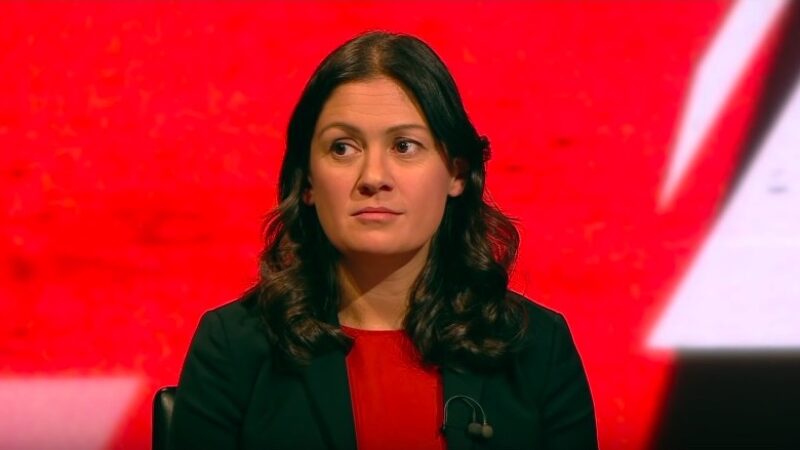
The coronavirus pandemic is a critical moment for the world – when we choose to pull together, or break apart. This test of communities and our leaders will have serious immediate and devastating long-term consequences should we fail it. A rise in support for nationalism has propelled strongman leaders to power across the world. Against a drumbeat of isolationism, nativism and weakening global cooperation, far-right populists have sought to capitalise on the pandemic – scapegoating migrants and foreigners.
This has been most overt in the US where President Trump labels Covid-19 the “Chinese virus”. And so borders are closing. The EU resettlement programme of Syrian refugees is halted. Even though health experts disagree closing borders is the right solution: the World Health Organisation argues not only will it not work – it could interrupt badly needed aid and technical supplies.
If this crisis has taught us anything, it is that we are only as strong as our most vulnerable. And abandoning the vulnerable now is not only a moral failure but a global crisis. That means a plan to tackle the virus in the places where social distancing is a privilege, like the 70 million people in refugee camps worldwide with limited access to running water, cramped conditions and no testing.
Aid organisations face a dilemma – to step in and risk bringing coronavirus to the camps. Food distribution is under threat. State funding is in decline. There is increased competition for emergency resources: organisations like doctors without borders have had to divert professionals to Italy. And what about when the crisis hits in the Middle East and Africa? What are the prospects for people living in the West Bank and particularly in Gaza where health services and medical supplies are virtually non-existent?
Instead, the world has taken an isolationist turn. There was little sign of a coordinated international response until last week’s G7 call, in stark contrast to the 2008 global financial crash. Many countries have opted for unilateral action on the economy and on health. Sometimes bringing us into competition with each other, most starkly in the suggestion that the USA is trying to monopolise access to a potential vaccine.
China is keen to be seen as a world leader, publicly committing to aiding other countries and broadcasting its success in fighting the virus – but there is little sign its actions have aided global security or co-operation. The control of information in the country slowed down its response and the ability of the world to react. The lack of a common approach to testing, containment and economic measures has an impact on public trust when measures vary so widely between countries.
In 2008, the two big superpowers worked together to reduce the impact. The USA drew legitimacy from its domestic governance, and as a supplier of global public goods. It had the ability but also the will to muster and coordinate a global response to crises. Under Trump, and a more aggressive Chinese stance, this has disappeared. The axis has broken down. The old world order where the UK knew its place is disappearing fast. International cooperation has become harder and the world is more fragile as a result.
Now is the time to take the opposite approach. To restate our commitment to global alliances, to care for the vulnerable, and to win the argument for ethical intervention. We must never be a country that is prepared to ignore the problems on our doorstep, and as coronavirus has shown, the world is now on our doorstep.



More from LabourList
Revealed: Claims of bullying, misogyny and harassment in Young Fabians
‘Sunak’s claim of a ‘sick note culture’ is immoral and deeply flawed’
Revealed: Poll finds most managers back Labour’s New Deal for Working People